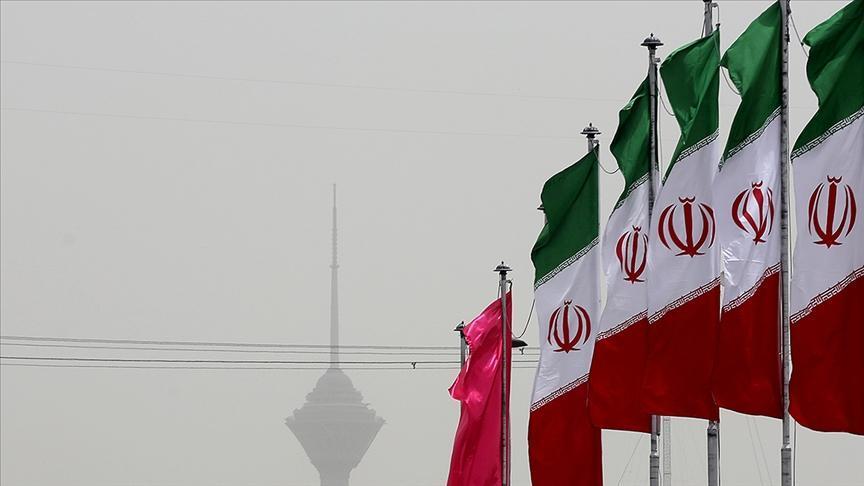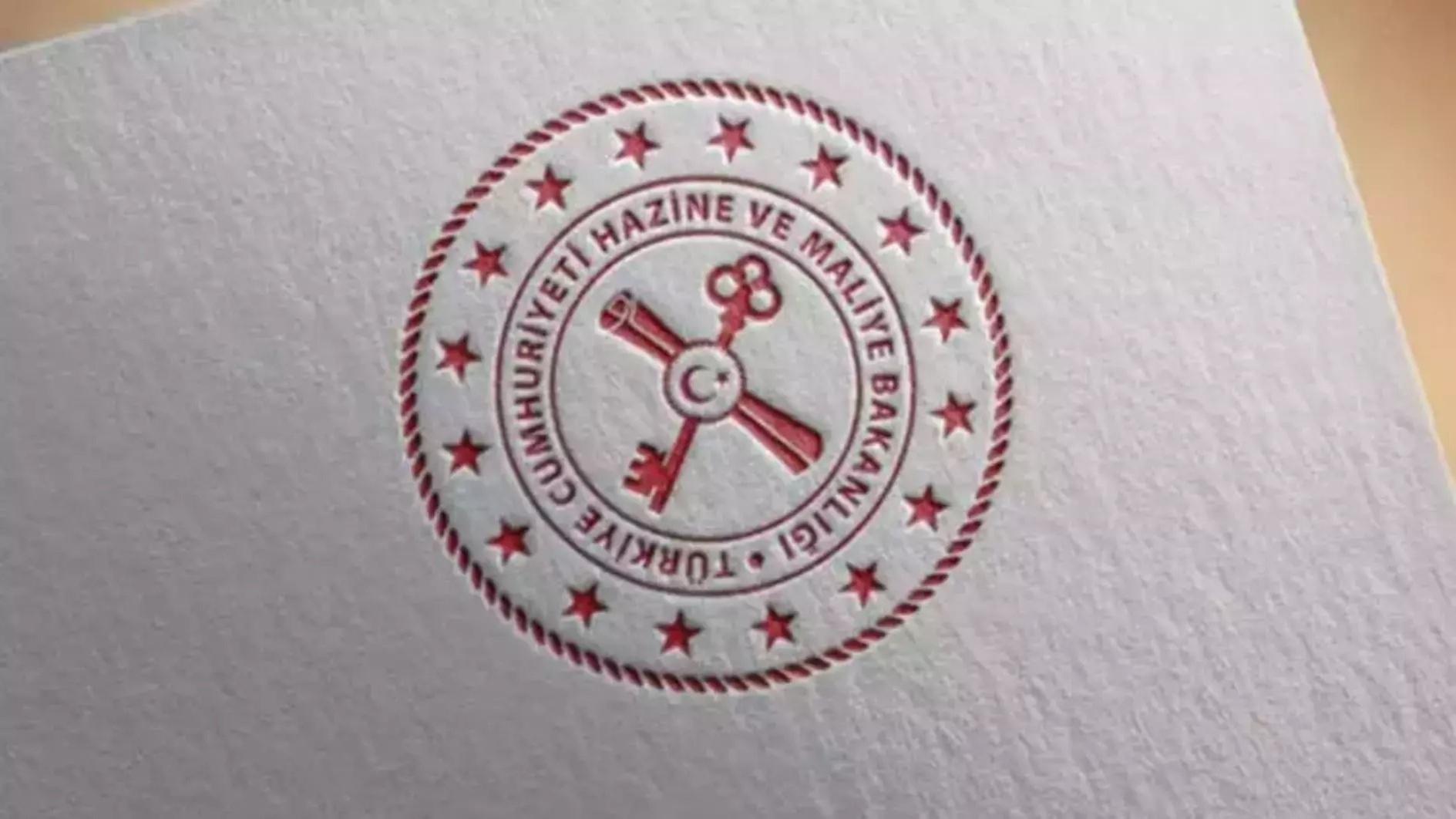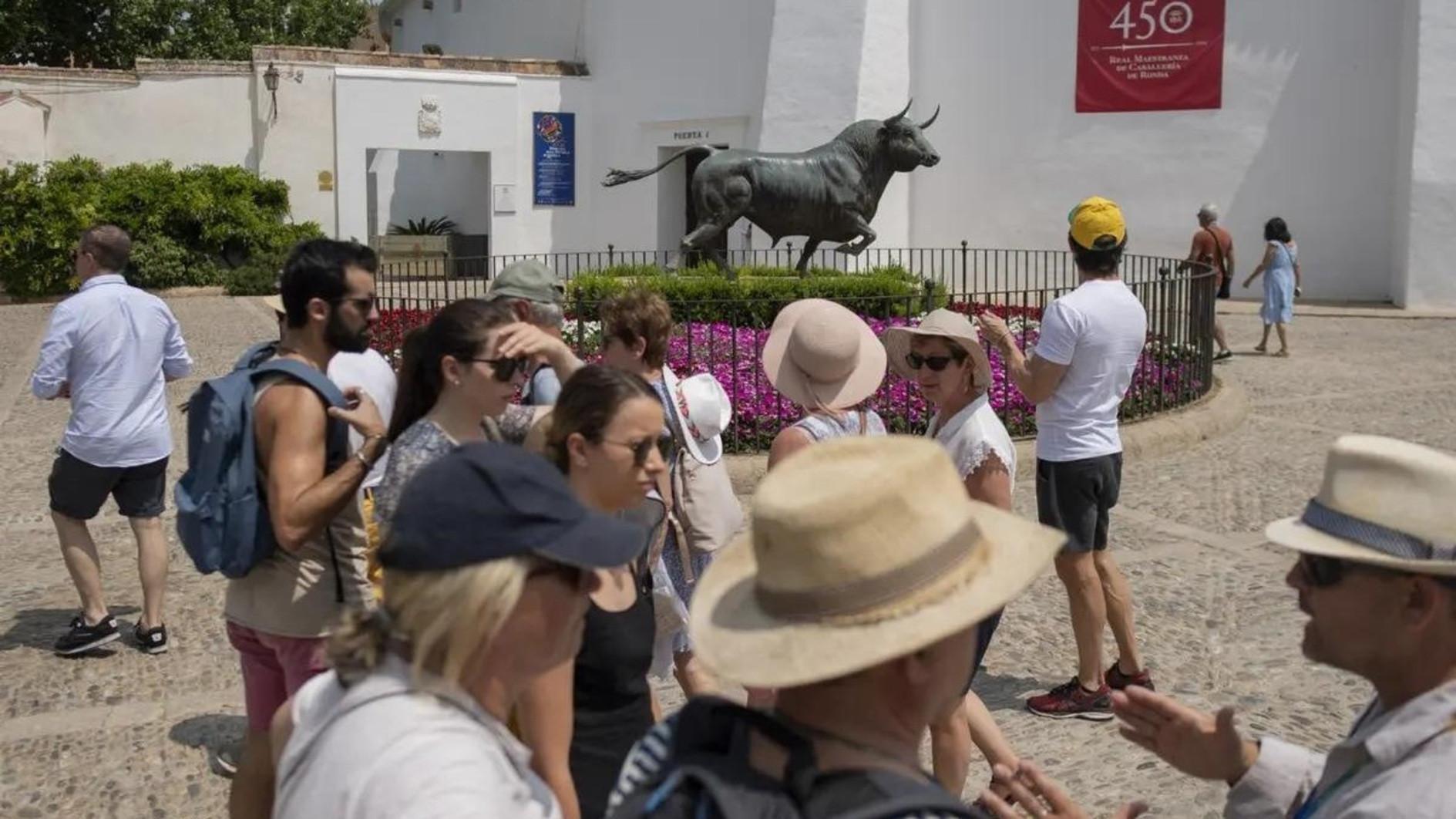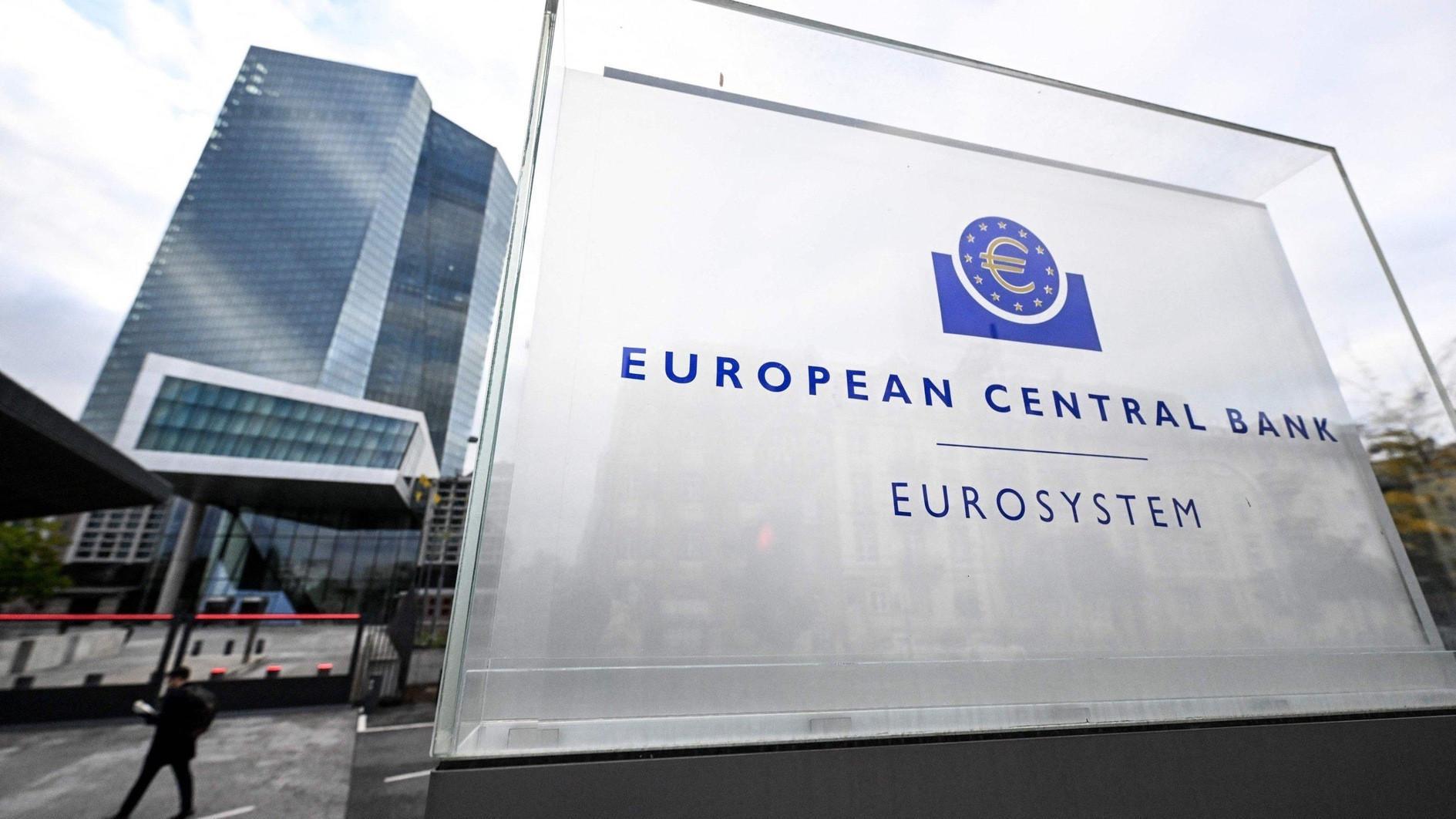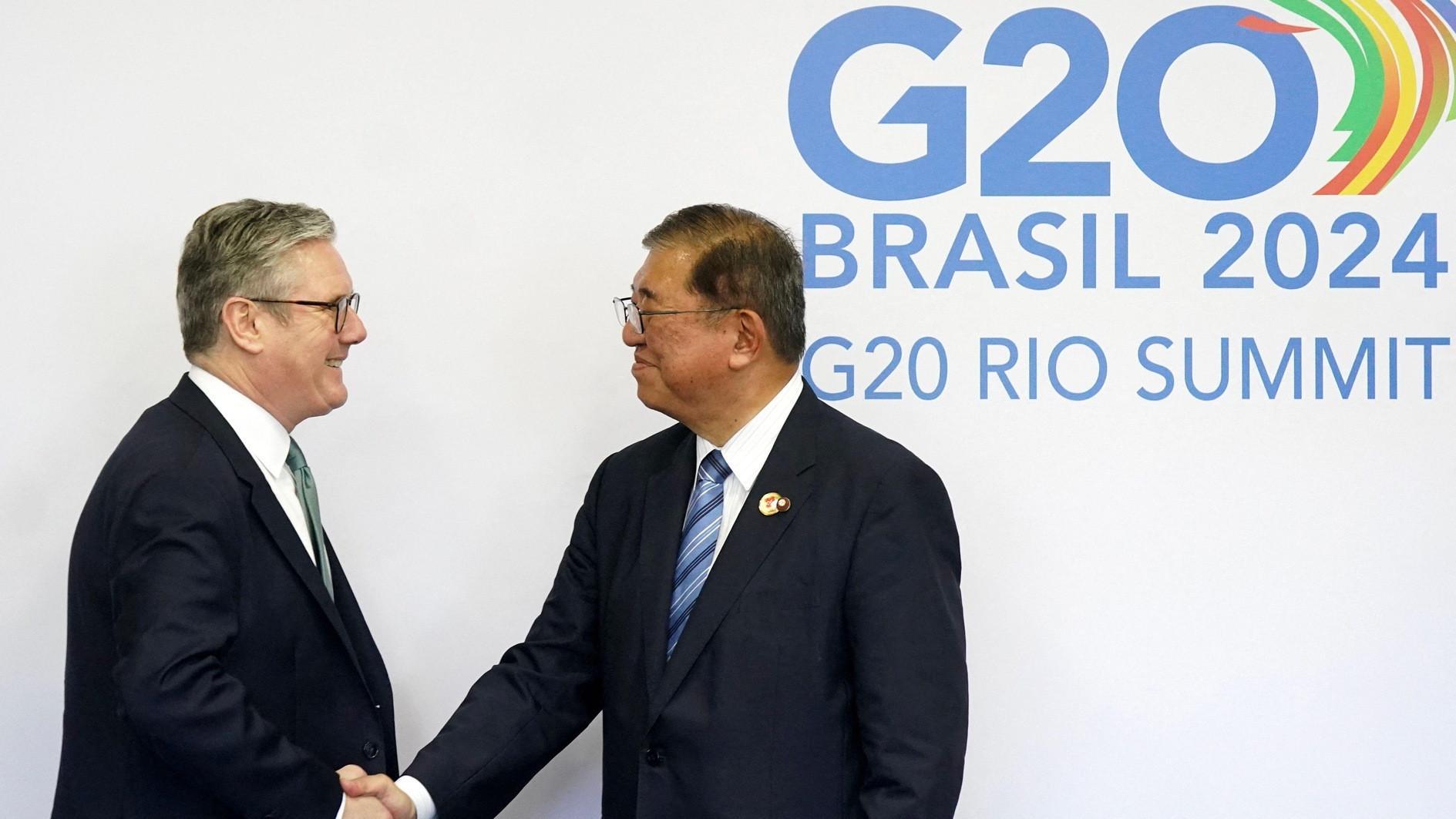'World of Tales' by Oğuz Tansel
William Armstrong - william.armstrong@hdn.com.tr
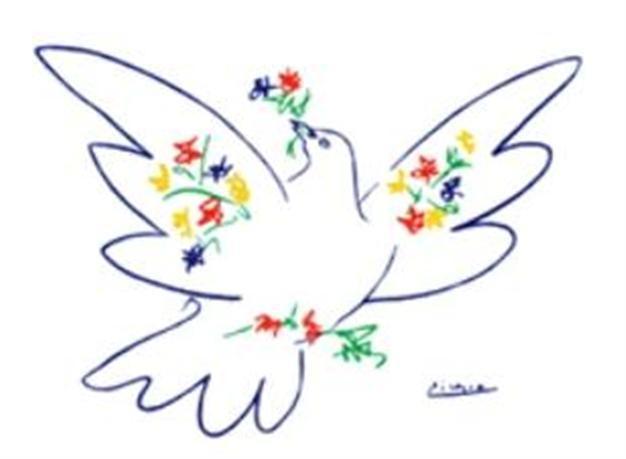 ‘World of Tales’ by Oğuz Tansel (Elips Kitap, 19TL, 273 pages)
‘World of Tales’ by Oğuz Tansel (Elips Kitap, 19TL, 273 pages)The poet Oğuz Tansel produced work over the course of five decades, amassing an oeuvre routinely described with adjectives such as “universal” and “humanistic.” Like contemporary Nazım Hikmet, his poems are informed by a deeply felt socialism, but – also like Hikmet – he is least successful when that ideology is front and center. His most impressive work leaves rigid ideological conviction in the background, informing his vision but not overwhelming it.
Tansel’s earliest poems are concise and direct, deeply engaged with the natural world. Many are only a few lines long, but concentrate a single thought or reflection into compact, low key poems. He may have been an ideological bedfellow of Hikmet, but his early poems don’t share the great man’s flights of exuberant enthusiasm. In contrast with Hikmet’s teeming “human landscapes,” Tansel’s early poems plow a solitary furrow and mine a limited set of subjects. They have a particular focus on nature: symbolic things like lone oleaster trees and the silent despair of remote, taciturn villagers. There are a lot of moments when nature neatly dovetails to support a defining metaphor of Tansel’s socialism, such as in “May Rain”:
Even if the World goes
topsy-turvy
Nature is upright.
… Air belongs to everyone
Sky is over every home
with its stars
Friendships grow like branches.
Golden chariot with silver wheels
… Sets the example of equality.
Unfortunately, it is when he reaches beyond this comfort zone that Tansel flounders. This generally happens either when addressing political concerns more explicitly, or when seeking to take the legends of Anatolian folk tales for inspiration. “Natives of the New World” is one of the best (worst?) examples of the former, in which he takes a naive aim at “civilization” in favor of state-of-nature “purity”: Adolescent diary-scribbling. Elsewhere, in a number of patience-testing later poems he chin strokes about the obscure ancient Anatolian folk figures “Aşa,” “Armita,” and “Tuşnamaita.” It probably shouldn’t be such a struggle to wade through these poems, because more often than not they amount to little more than a kind of Anatolian proto-New Age posturing: “If only we could set ourselves free / Life would flourish, tasting sweet as brotherhood.”
Multiple translators contributed to this selection, and their interpretations are generally fairly loose, sacrificing some of the laconic, rhythmic, compact, lightly percussive quality of the original Turkish. It’s fortunate that Tansel’s best, earliest poems are the ones that bear translation most intact. Overall, his work teaches the quite un-poetic lesson that it’s often best to keep your horizons modest. He fancied himself as Isaiah Berlin’s fox that “knows many things,” but he was best in his earliest years when he was happy to simply be the hedgehog.
Notable recent release

‘Turkey and the European Union: Facing New Challenges and Opportunities,’ Fırat Cengiz (ed) and Lars Hoffmann (ed)
(Routledge, £75, 248 pages)


